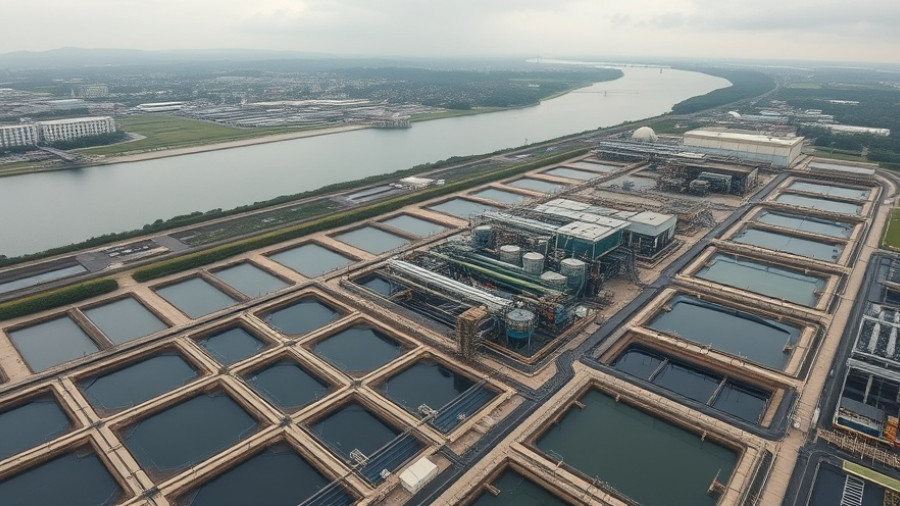
UK Government Takes Action Against Water Companies
The UK government is introducing measures that will make it significantly easier to penalize water companies for environmental pollution, especially regarding sewage spills. The move comes as mounting public frustration with water companies' ongoing sewage leaks and spills contrasts sharply with the hefty profits these companies continue to churn out. Environment Secretary Emma Reynolds announced that the Environment Agency will have the ability to impose fines of up to £500,000 ($669,000) with a lower burden of proof, thus holding companies more accountable.
This Government Plan is Long Overdue
For years, water firms have faced criticism for their lack of accountability when it comes to environmental standards. New data revealed that water companies were discharging sewage into rivers and coastal areas in alarming quantities, often finding it easier to pay fines than to comply with regulations. The government’s strategy aims to ensure that companies can no longer escape accountability for their frequent breaches. This includes automatic fines for minor violations, indicating a shift towards a tough regulatory framework.
Diving into the Details: What the Changes Mean
Under the proposed measures, water companies could face quicker, automatic fines for violating regulations such as failing to report sewage spills. The standard of proof will lower from "beyond a reasonable doubt" to "on the balance of probabilities," which exists in civil cases. This crucial change could potentially expedite enforcement and lead to stiffer penalties for habitual offenders. According to preliminary estimates, this system might raise between £50 million and £67 million in penalties annually, thereby cultivating a culture of compliance rather than evasion.
Catalyst for Industry Reform
In addition to financial penalties, this consultation represents a crucial step towards broader reform in the water industry. An independent review has urged the establishment of a new watchdog with enhanced oversight capabilities. Such a body would ensure that water companies prioritize environmental health and customer satisfaction over short-term profits. The strategic overhaul, alongside toughened regulations, could transform the landscape of water management in the UK.
Reactions from the Industry and Public
The water industry's response has been mixed. While some companies recognize the necessity of being held accountable, others view the impending changes with resistance. As with any reform, economic implications will arise; companies will need to balance operational changes with maintaining shareholder interests. Public sentiment, however, strongly favors increased action. After years of hearings and investigations, consumers seem eager for tangible moves that will prioritize the environment.
Importance for South Carolina Residents
As South Carolinians, it's vital to stay informed about how these international regulatory shifts may impact domestic policies. Water quality and environmental health are interlinked with insurance claims, especially in cases of property damage due to flooding or pollution. If firms in the US lag in compliance as seen in UK counterparts, policyholders here might face difficulties in navigating claim settlements after environmental incidents. Thus, these developments across the Atlantic hold lessons about vigilance in both regulatory frameworks and insurance processes.
Take Action: Stay Informed and Engage
As these regulatory changes unfold in the UK, it’s essential for consumers and policyholders in South Carolina to engage with local news and updates relating to environmental legislation and insurance regulations. Understanding these dynamics can empower individuals to advocate for their rights and ensure that insurers remain accountable for claims related to property and environmental damage.
 Add Row
Add Row  Add
Add 




Write A Comment